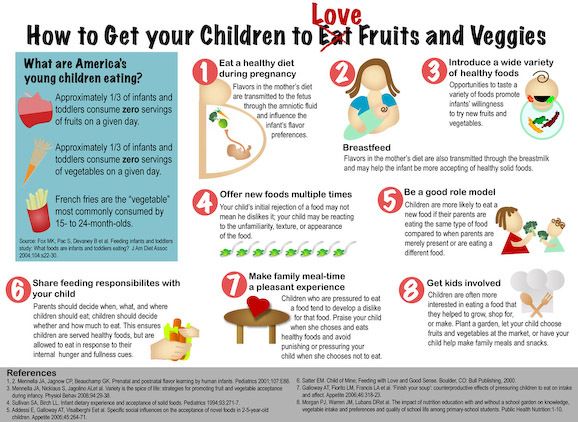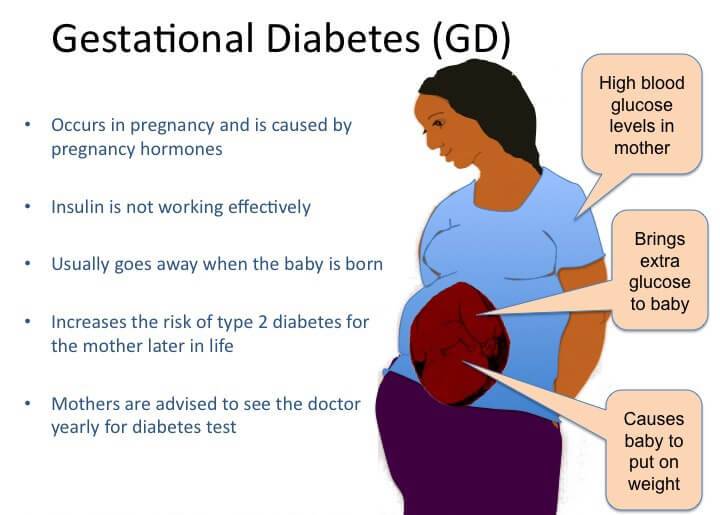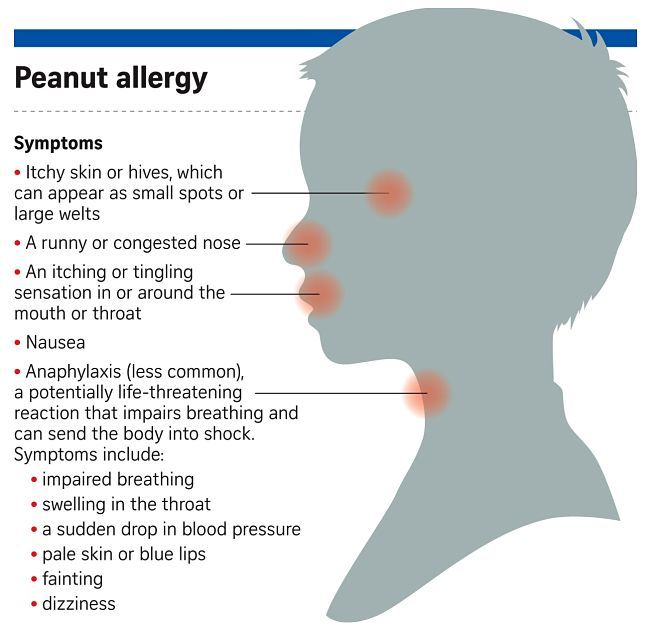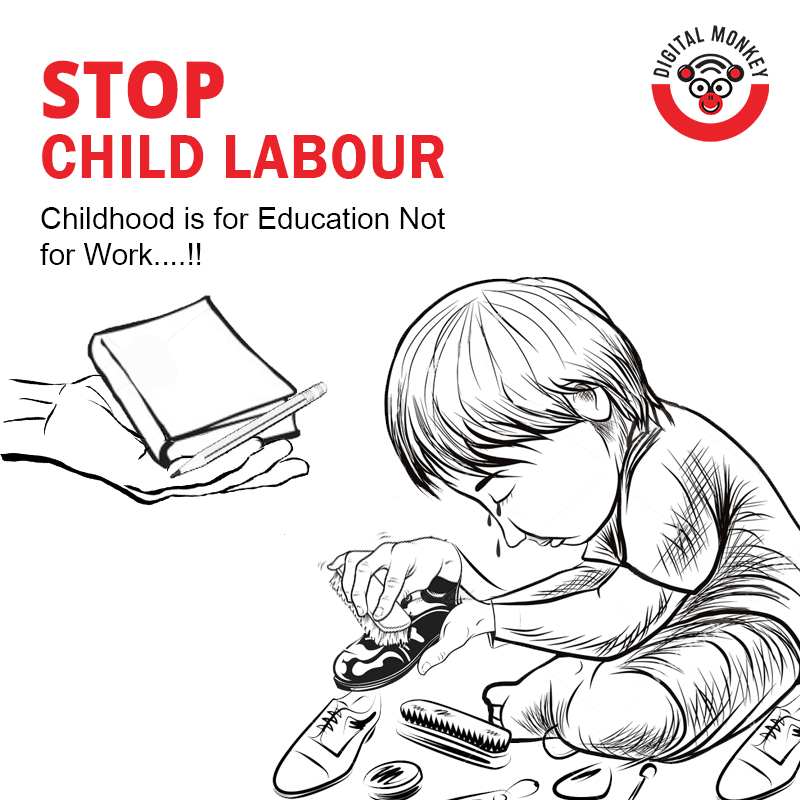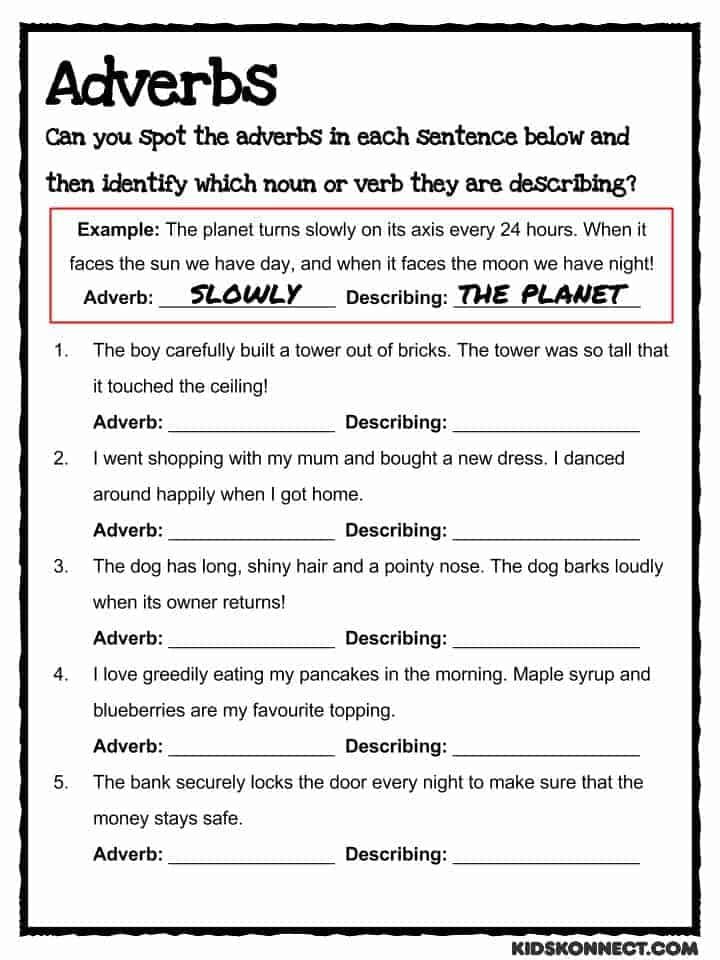How to help your child stay focused at school
6 Simple Ways to Improve Your Child’s Focus
Trouble focusing can be a long-term or short-term challenge. Either way, it makes learning hard. It also impacts everyday life.
You can’t always change the circumstances that make it hard to focus. But there are ways to help your child cut through distractions and get things done.
If staying focused is hard for your child, try these six strategies.
1. Jump right into projects.
The longer you put off starting a task, the harder it can be to focus on it. That goes for projects for school and around the house.
That doesn’t mean your child has to do everything at once, though. To make it easier to get started, try breaking tasks into chunks. The important thing is to not delay getting started.
2. Limit directions to one or two at a time.
When kids struggle with focus, it can be hard for them to listen to, remember, and follow through on directions. So try not to overload your child with too many directions at once.
Let’s say it’s time for homework. You might tell your child to check the assignment book, get out the right materials, and start working. If that’s too much for your child to focus on and keep in mind, break it down into single steps.
3. Set a timer.
Knowing there’s a limit to how long they have to stay focused can make it easier for kids to hang in there. Set a timer for how long your child needs to work before having a quick snack or taking a break. You can increase the amount of time little by little as your child gets better at focusing.
4. Try mindfulness.
Mindfulness exercises are all about paying attention and focusing. Studies have shown that mindfulness can help kids improve their behavior and their ability to focus on lessons and on schoolwork.
One way to practice is to sit quietly and focus on breathing in and out. Taking even a few deep breaths before class or a test could make a difference.
5. Be open to what works.
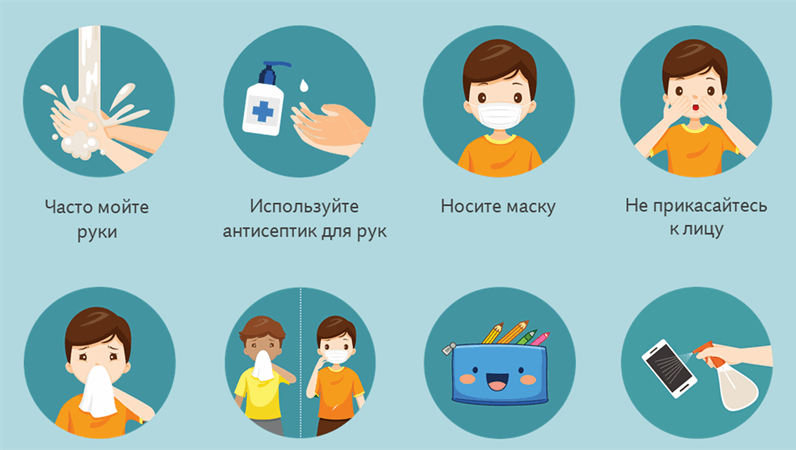
Some people need total quiet to focus. Others do better with noise. That’s why it’s important to ask kids what works best for them.
Maybe your child wants to listen to music while doing homework. Give it a try and see how it goes.
6. Direct focus back to the task.
Even when using these focus techniques, kids might still get distracted. That’s why they also need strategies to get back on task once they’ve drifted.
Come up with a signal for when your child’s mind starts to wander. It might be putting a hand on your child’s shoulder or saying a specific word. Tell your child’s teacher you’re trying these strategies at home.
Other ways to help your child focus
There are lots of other strategies, techniques, and low-cost tools you can use to help your child with focus at home.
- Discover different types of fidgets, including ones you can make.
- Try free graphic organizers to help your child get through reading, writing, and math assignments.
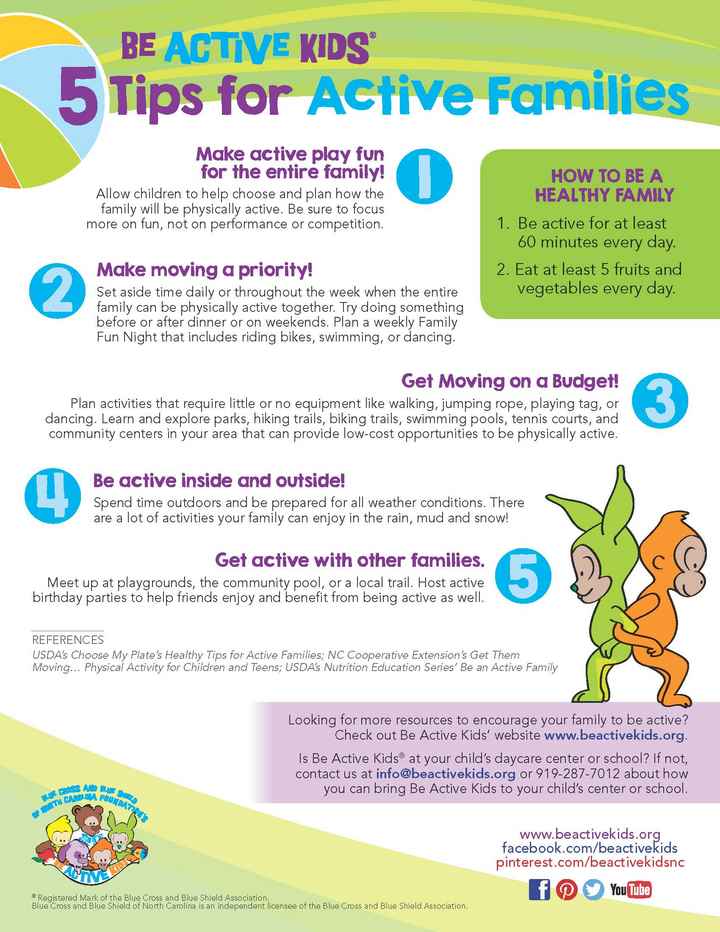
- Learn ways to break down writing assignments so they’re easier to focus on.
Struggling with focus or any other skill can take a toll on a child’s self-esteem. Praise your child’s hard work to improve focus. Point out even small improvements. And let your child know that focus skills can get better.
And remember to talk about your child’s strengths, not just challenges. Celebrate focus wins, big and small. When kids understand what they’re good at, it builds confidence and helps them stay motivated when things get tough.
Related topics
Focus and attention
Strategies and tips
How to Help a Child Focus in the Classroom
Inside: Unsure about how to help a child focus in the classroom? Help your child focus and learn to concentrate better using these five core strategies at home. Post may contain affiliate links, which means at no extra cost to you I may earn a small commission if you make a purchase.
I often hear from concerned parents that their child’s teacher has shared something with them, and it sounds something like…
My child is difficult for the teacher to manage.
They take too long to do the task at hand from the teacher.
She doesn’t follow directions in school.
My child has trouble focusing in the classroom.
This puts you in a really tough position as a parent because you can’t exactly control what’s happening in the classroom. The teacher is also in a tough position, needing to manage the competing demands of a large classroom of children.
It’s hard no matter how you look at it.
Here’s where you and the teacher hold common ground: You both want the child to not only be successful in school, but in life! And of course, you want to work together in cooperation.
Which begs the question…
As a mom, I can wholeheartedly attest to struggles in getting my kids to focus.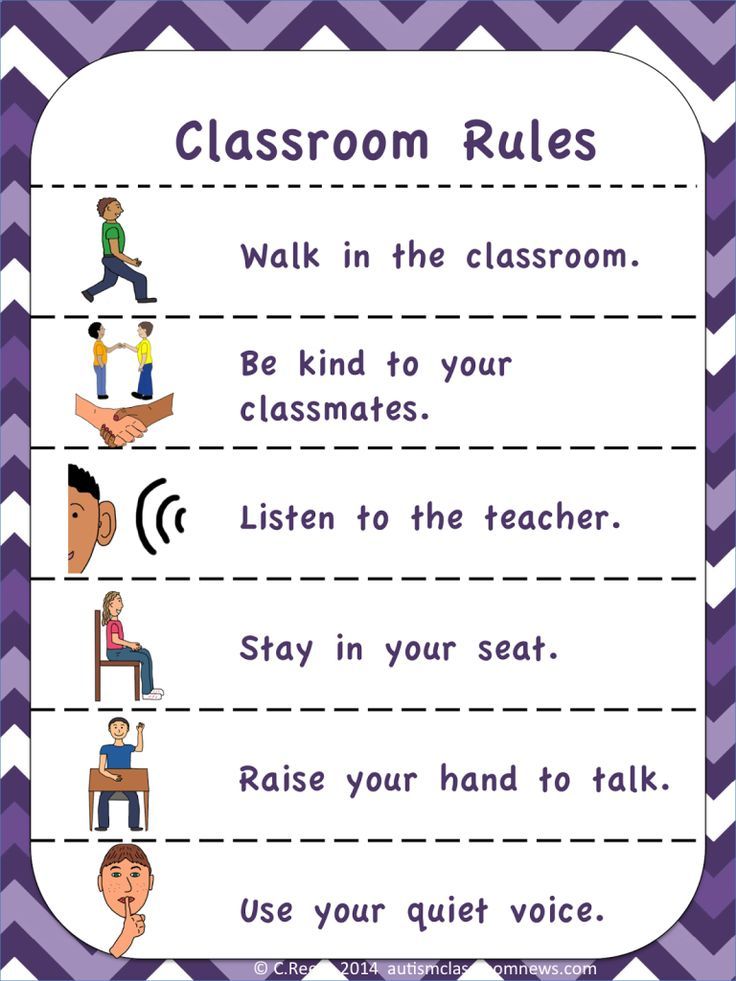 There was a time when I could barely get them to sit at the dinner table for five minutes – literally. Waiting in line at the post office with kids was a joke. And grocery shopping involved a lot of bribery.
There was a time when I could barely get them to sit at the dinner table for five minutes – literally. Waiting in line at the post office with kids was a joke. And grocery shopping involved a lot of bribery.
We’ve come a long way since then.
Most articles you read on helping kids with lack of focus in school will recommend things like seat kids away from distractions, make learning fun, vary teaching methods, set up routines, etc.
5 fresh ideas to improve focus in kids.
All those are great strategies to use in the classroom, but what they don’t address is how you can start to help your child build focus, self-control and attention span at home.
You can’t control what happens in the classroom. You can, however, work with your child at home using five core strategies.
1. Play board games for concentration.
Board games are one of the best ways to help your child build executive function, which is the cognitive or “mind” part of self-regulation.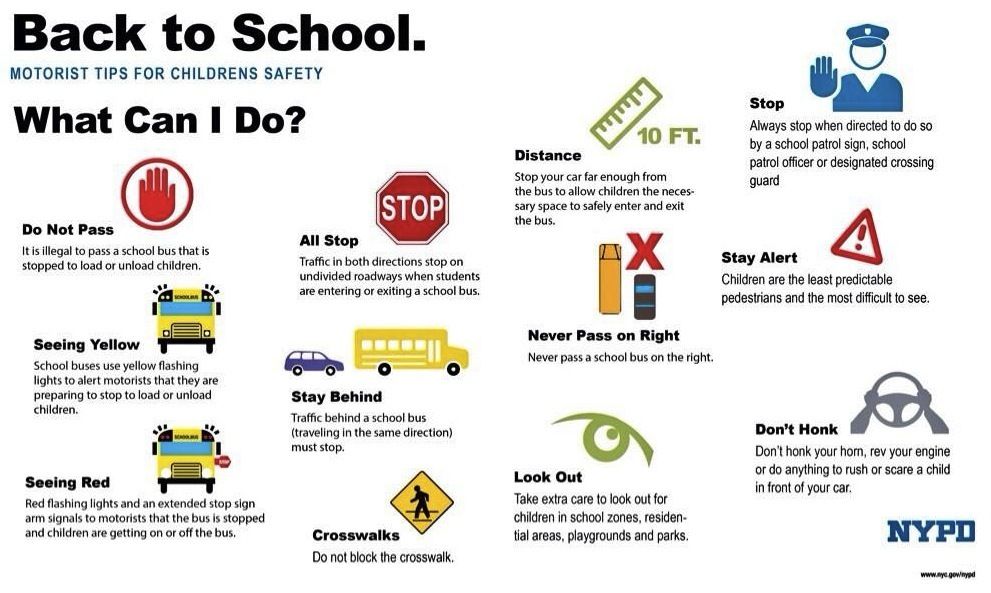 When kids need help focusing, what you’re actually wanting to help your child do is build better self-regulation skills.
When kids need help focusing, what you’re actually wanting to help your child do is build better self-regulation skills.
The Center for the Developing Child defines executive functions and self-regulation skills as:
the mental processes that enable us to plan, focus attention, remember instructions, and juggle multiple tasks successfully. Just as an air traffic control system at a busy airport safely manages the arrivals and departures of many aircraft on multiple runways, the brain needs this skill set to filter distractions, prioritize tasks, set and achieve goals, and control impulses.
The more you can help your child practice attention skills at home, the sooner they will be able to apply those skills and concentrate in school.
Here are some of my favorite board games to play with kids:
- Outfoxed – a cooperative whoodunit game.
- Race to the Treasure – a cooperative game for kids.
- Eye Found It! – hidden picture game.
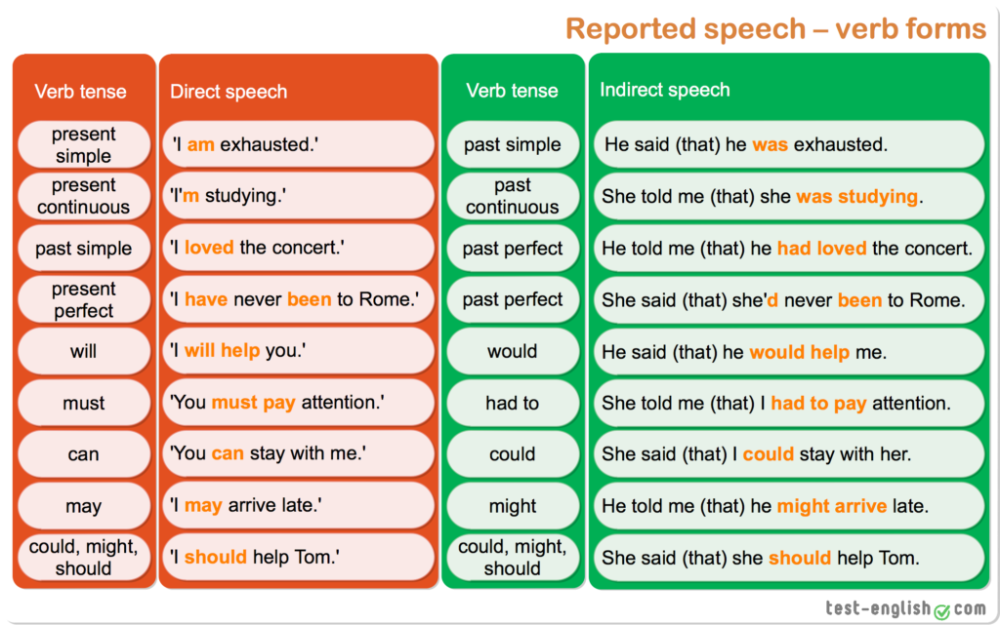
- Suspend Junior – an exciting balance game.
For more board games to help build executive functioning in kids check out these best board games for 5 to 7 year olds and best games for self-regulation in 3 to 5 year olds.
You can also help your child learn to concentrate by using other self-control games like these:
- Red light, Green light
- Simon Says
- Mother May I
- Freeze Tag
- Follow the Leader
2. Practice waiting – A LOT – to improve attention span.
Practice waiting with your kids as many times as you can fit into the day. In the doctor’s office, at the grocery store, at the dinner table and during play at home are all places that are great for practicing self-regulation.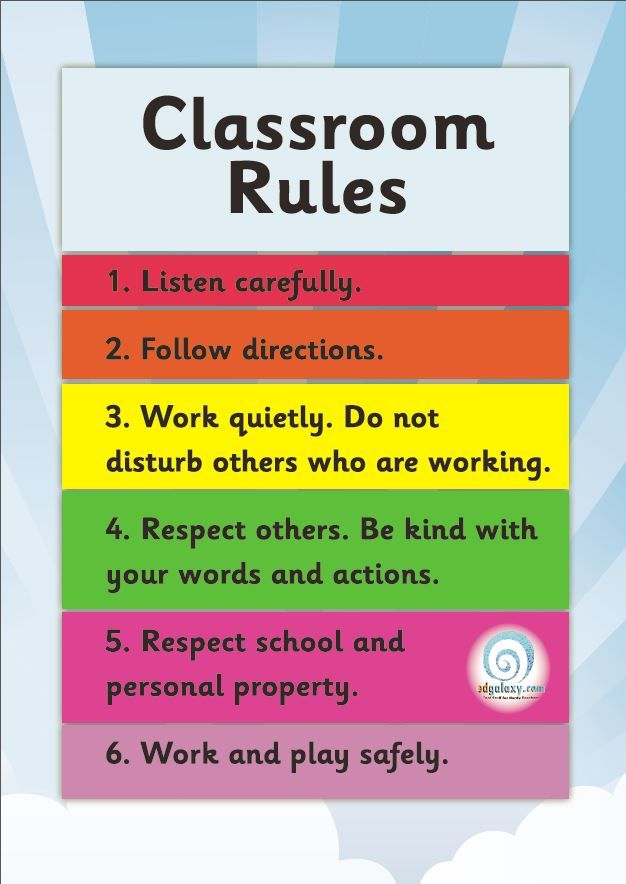
Instead of reaching for your phone or electronic device to distract your child, practice playing games with your child while waiting. These are creative hand games or mind games to play with your child to improve focus and attention. They only require your body sitting in a chair and nothing else.
Here are some examples:
- While waiting in the doctor’s office we may play “the thinking game” where my son will describe something and I have to guess what it is.
- While at the grocery store, play “I spy” where you describe something you see and your child has to guess it.
- Have your child place his hands out palms facing up. Place your hands hovering over his, except with your palms facing down. The goal is for your child to try and slap the top of your hands. Then switch roles.
In addition to waiting in different scenarios out and about, practice waiting at home for a toy that a sibling has, a special treat like a cookie, or a toy they want to buy at the store.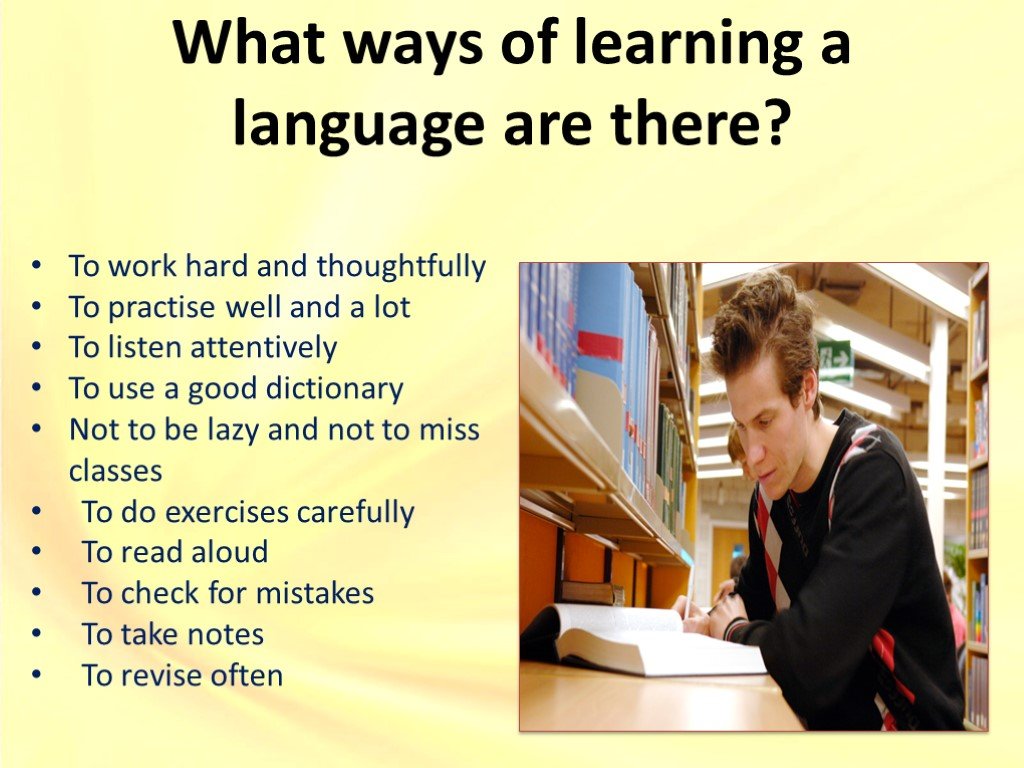
If waiting is met with tears, sadness or a temper tantrum, be sure to acknowledge thoughts and feelings and validate how hard this must be for your child. Building self-control takes a lot of work – especially for kids! Knowing that you are on their side and that you understand their point of view will make a huge difference in your child’s mental health!
Related: How to Respond When Your Child Feels Rejected or Sad
Finally, have your child practice sitting at the dinner table until everyone is finished. Getting them used to sitting for about 30 minutes can help kids stay focused once they transition into the classroom.
3. Focus immensely on vestibular and proprioceptive input.
In order for kids to listen, focus and learn to sit still for a period of time, they must develop both proprioception and vestibular sense. The most critical time to develop a child’s proprioception and vestibular sense is before age six.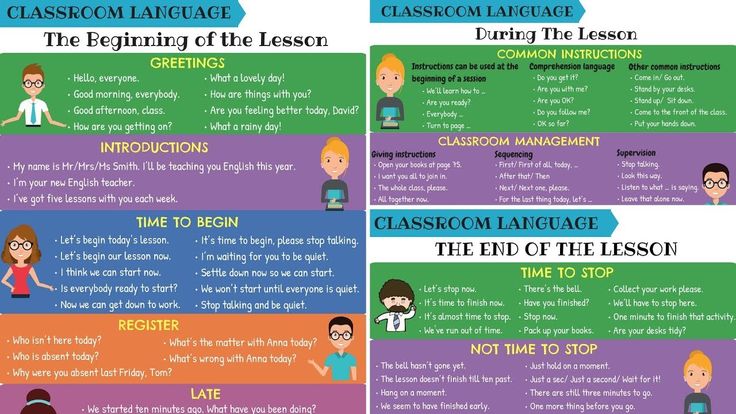
Proprioception is what tells you where your body parts are without having to look at them. This is the sense that helps you make sense of gravity. It’s the reason you can switch from the gas pedal to the brake without looking at your feet, or bring popcorn to your mouth without taking your eyes off the movie screen.
Without properly developed proprioception, kids can push too hard during tag, fall out their seat at the dinner table or trip while walking up stairs.
Vestibular sense provides information about where the body is in relation to its surroundings. This is the sense that helps you understand balance, and it connects with all the other senses.
Without a strong vestibular sense, kids will have no choice but to fidget, get frustrated, experience more falls and aggression, get too close to people when talking, and struggle with focusing and listening. Because they literally cannot help it.
You can read more about a series of activities you can do with your child to support vestibular and proprioceptive development in my post here:
The Most Overlooked Reason Why Kids Won’t Listen, Focus or Sit Still
There’s a free printable worksheet at the bottom of that post with the exercises too.
4. Cut back on screens – WAY back.
Study after study shows that kids who have more screen-time (or video games) have lower attention spans and lose focus. Without realizing it, screen-time can really add up fast.
While some past studies recommend kids use a screen device less than two hours a day, new research is recommending that children only have zero to 30 minutes per day.
Some experts even recommend a “screen fast” where electronics are completely removed for several weeks to allow your child’s neurological system to reset.
If done correctly, this intervention can produce deeper sleep, a brighter and more even mood, better focus and organization, and an increase in physical activity. The ability to tolerate stress improves, so meltdowns diminish in both frequency and severity. The child begins to enjoy the things they used to, is more drawn to nature, and imaginary or creative play returns.
5. Encourage role-play at home.
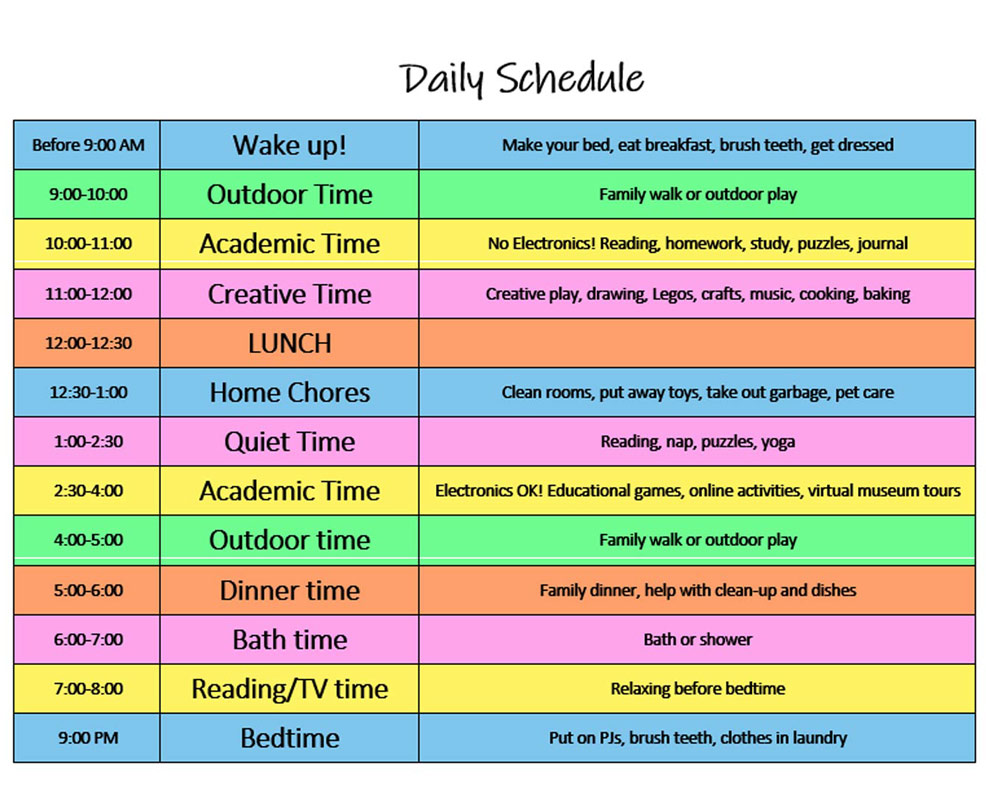
According to the late Dr. Karyn Purvis, “It takes approximately 400 repetitions to create a new synapse in the brain – unless it is done with play – in which case, it takes between 10-20 repetitions.”
Talking to your kids about what they could say or do instead when they are fidgety or bored in the classroom is always an option. However, the most efficient way to help your child problem-solve solutions, and actually have them remember in the moment, is to have them role-play with you at home.
Practice with your child using role-play in a variety of ways. One that I love is, of course, role-reversal games.
In the example of helping your child focus, your child would play the teacher (that’s them reversing into the teacher role) and you would play the fumbling child who always gets distracted, dawdles and can’t concentrate in school.
The more exaggerated you get with your inability to focus, the more fun it will be for your child.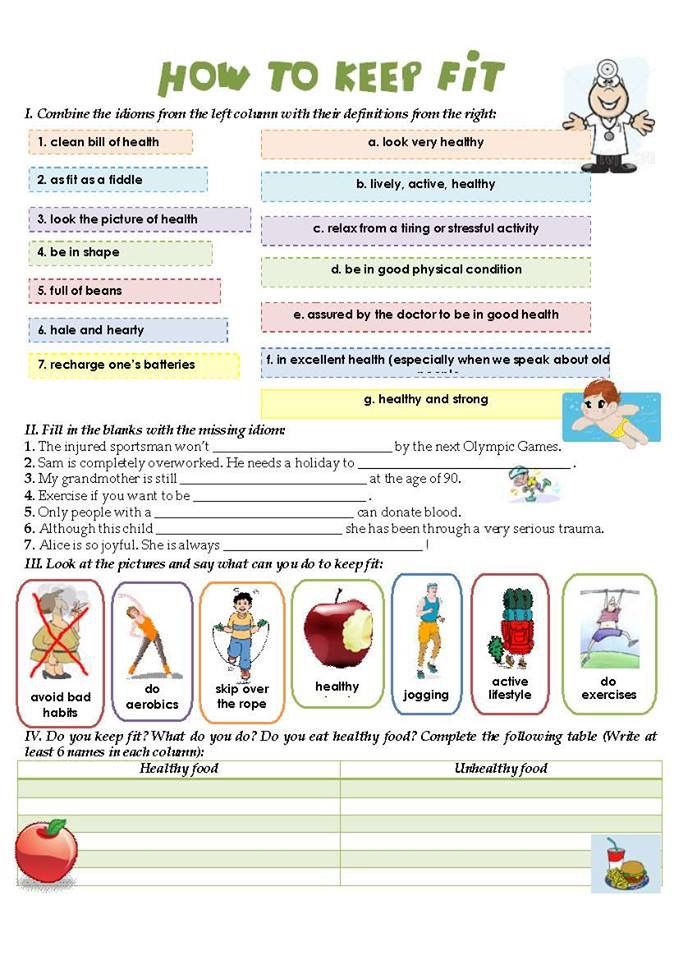 This creates a deep connection and a safe space for you and your child to work through this challenge.
This creates a deep connection and a safe space for you and your child to work through this challenge.
Once your child asks to play the role of the student again, you’ll know he or she is opening up to your guidance and solutions will start showing up in play.
Play out potential strategies your child could use to pay attention in class and focus. The funnier they are, the more memorable they will be when the moment strikes in real life.
Recommended reads on using play in parenting:
- How to Use Role Play With Kids to Solve Problems
- The Playful Parenting Game That Helps End Power Struggles
- Playful Parenting by Dr. Lawrence Cohen
- The Parent Survival Guide by Dr. Theresa Kellam
Here’s to getting kids to sit at the dinner table for 30 minutes, wait in line at the post office without a fuss, seamless grocery store trips and working with your child’s teacher in collaboration to build focus, concentration and attention span.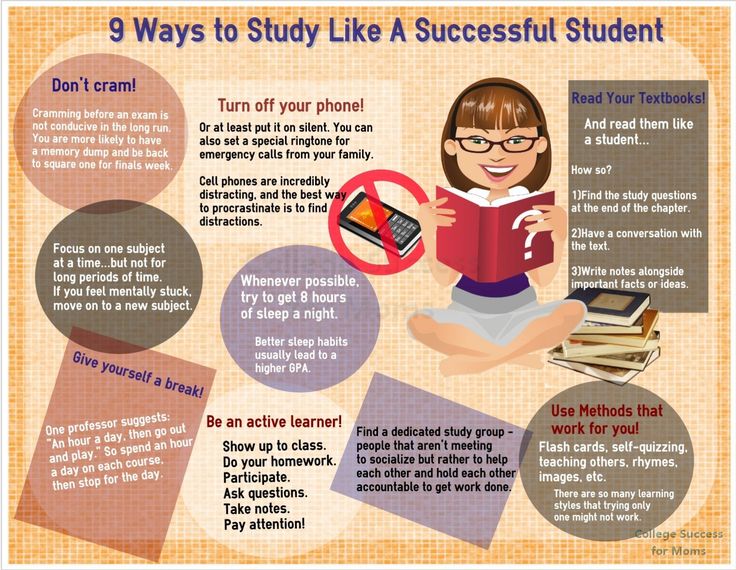
Related: Best Customizable School Night Routine for Kids
Print this free listening checklist.
This post comes with a free printable checklist to help with listening. I always have the hardest time remembering these phrases. This printable simplifies it!
Here is a sneak preview…
Download Your Free Printable
- Download the checklist. You’ll get the printable, plus join 37,000+ parents who receive my weekly parenting tips and ideas!
- Print. Any paper will do the trick, but card stock would be ideal.
- Place it on your refrigerator. Check things off as you go and don’t forget a thing!
Want more on parenting?
- One Genius Phrase to Try When Kids Say, “I Can’t”
- The Big Reason Why Setting Limits With Your Strong-Willed Child Isn’t Working
- Dealing With Controlling Kids? The “Secret Sauce” to Gaining Cooperation
- A Simple Mealtime Hack That Will Get Your Kids to Eat Vegetables
- 4 Year Old Not Listening? How to Ditch Defiance and Nurture Cooperation
I've created a free email series just for you! If you are struggling with teaching your child to listen, this series will help transform your parenting. Yes, really. I've seen my proven strategies work time and time again for parents. I know it can work for you too.
Yes, really. I've seen my proven strategies work time and time again for parents. I know it can work for you too.
After taking my free email series, you will:
- Learn simple, yet highly effective listening strategies
- Experience a stronger connection with your child
- Enjoy more peaceful parenting days
- Gain more cooperation from your child
Click here to sign up!
Are you new to this community? Start here, friend.
7 tips on how to help your child get used to school after the holidays
Psychology
7 tips to help your child get used to school after the holidays
September 12, 2018 6084 views
Liana Khaziakhmetova
Think about your feelings after the vacation. The first week you go to work with joy, and then apathy sets in. I want to go on vacation again, live without a regime, walk a lot and meet friends. Your child experiences similar feelings when he comes to school after the holidays. Help him adapt, become a friend and helper. From the book "How to teach a child to learn" we chose tips that will be useful at the start of the school year.
Your child experiences similar feelings when he comes to school after the holidays. Help him adapt, become a friend and helper. From the book "How to teach a child to learn" we chose tips that will be useful at the start of the school year.
Helping to get involved in work
The most difficult thing is getting into work. You need to work for some time, fully focusing on your studies. It is quite possible that then the student will get carried away with the task and work on it longer. If the child does not want to do homework, invite him to work for five minutes (or 10). It's so little. Say, "If you don't want to study further, you can rest for 15 minutes." It is quite possible that in these minutes the child will have time to get involved in the work process.
How to teach a child to learn
Only at this time the child should not read SMS or watch a video on the Internet at the same time. Children often think that they can multi-task at the same time.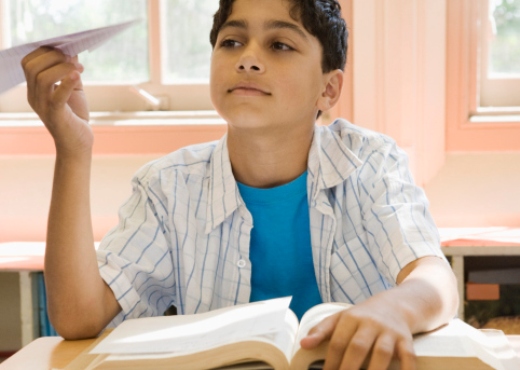 But such interference does not allow you to focus on your studies.
But such interference does not allow you to focus on your studies.
However, some stimuli are useful, such as music. Some prefer the noise of the library to the silence of their room. The main thing is to remove what really distracts.
Minimizing stress
It is very important to be able to manage stress. The stress of studying can lead to apathy when it is most important to be alert - at the end of the school year. To minimize stress, you need to adjust your daily routine by allocating more time for sports and communication with friends.
Helper
If a child has a helper, it is easier for him to achieve academic success. The assistant should have a friendly attitude, be interested in new teaching methods and be ready to roll up their sleeves to take up work with the student.
The main thing is not to transfer negative experience to the ward, to create a positive attitude towards learning. The assistant must show in every possible way that he understands the importance of education, and actively take an interest in the affairs of the ward.:no_upscale()/cdn.vox-cdn.com/uploads/chorus_asset/file/19501480/07_study_tips.jpg)
Some students believe in luck. It seems to them that teachers' "favorites" or talented children who do not need to work hard get good grades. Schoolchildren often think that work is the lot of losers. The task of the assistants is to show that the key to success is not luck, but the habit of learning and that anyone can reach the top.
Working in pairs
Invite your child to invite a friend to do homework together. Learning in pairs can be fun, and it's also more productive because it stimulates mental activity. When a person shares knowledge, he streamlines his thoughts, achieves a deeper understanding of the topic. The explanation of any idea can lead to the birth of new concepts. The child benefits from such work if you can create a working environment and gently control that the children, in addition to talking, also do their homework.
Giving feedback
It is important to help children stay motivated by using feedback.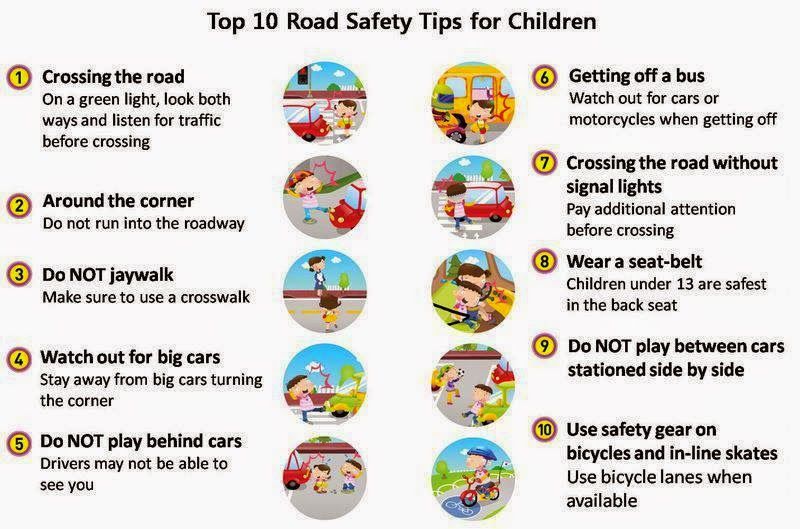 It is best to combine praise with constructive criticism. The sandwich method is effective. Start with the good, then point out what can be improved by focusing on the main thing.
It is best to combine praise with constructive criticism. The sandwich method is effective. Start with the good, then point out what can be improved by focusing on the main thing.
Be specific: No one is interested in hearing a long list of flaws. At the end, it’s worth talking about the good again in order to end the conversation on an optimistic note.
Learning environment
The effectiveness of learning does not depend on the amount of time spent, but on the ability to manage it. Children need to learn how to create a realistic schedule, taking into account other things and the time of day when knowledge is absorbed better. You also need to find a place where you can concentrate. Help him with this. You can indicate the exact time for completing homework. For example, in the evening, before dinner.
Short focused sessions are more effective than long ones without focusing on the topic. The lesson should not be interrupted, but at the same time it should not be too long.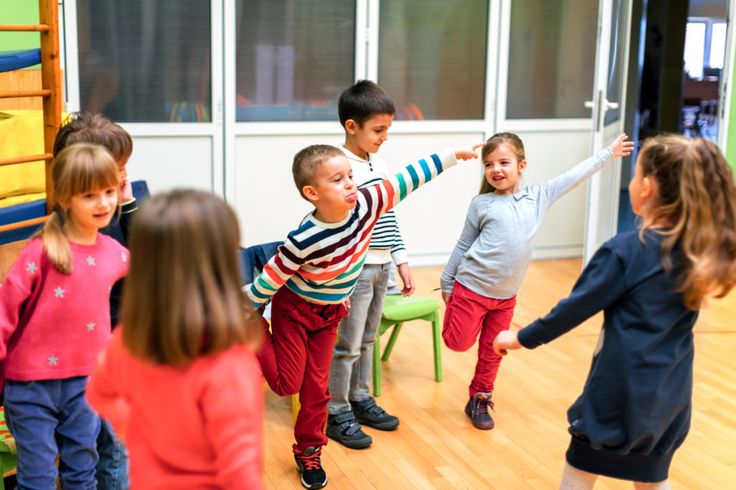 Long sessions should be combined with regular breaks.
Long sessions should be combined with regular breaks.
Weekend Leisure
A car cannot run at top speed forever: it needs to be refueled periodically. The same can be said about people who study or work. You need to take breaks to make up for energy expenditure. The consequence of excessive loads is forgetfulness, lethargy, anxiety. Short breaks help maintain concentration, but longer breaks for non-study activities are also needed. Many schoolchildren regard them as a reward for the work done.
Offer your child options for weekend activities. Go to the park together, bake a cake, or just read a book. This will give energy to both the student and you. Parents get tired too 😉
Based on the book “How to teach a child to learn”
Post cover: pexels.com
How to help your child become more attentive
plot details. But it’s impossible to write a line of copybooks correctly or count the required number of cells! How to improve his attention and help reduce distractions?
How attention is structured
The ability to concentrate depends on many factors - both on the age, and on the character and temperament of the child, and on what mood he is in now and what is around him, and even on the time of day.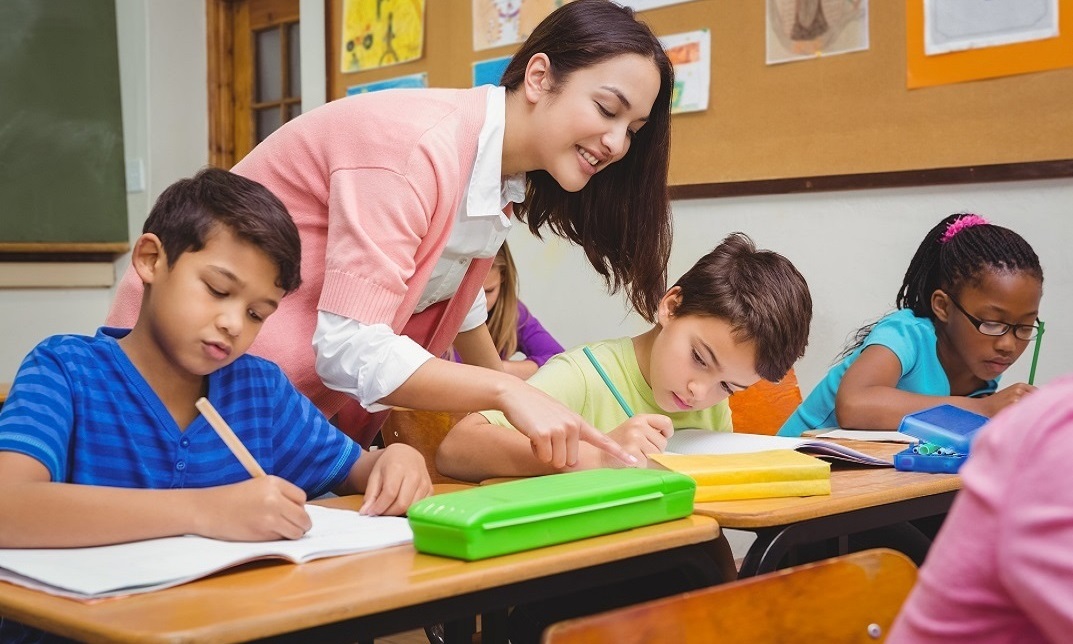 For example, a five-year-old child will definitely be able to focus when he needs to, or when you read something interesting to him, but will be distracted while you show how to write a loop at the letter "u". Child development experts say that, on average, a preschooler should be able to focus on a task for two to five minutes for every year of their age—that is, 4 to 20 minutes or more depending on the task, but the duration of holding that attention will vary.
For example, a five-year-old child will definitely be able to focus when he needs to, or when you read something interesting to him, but will be distracted while you show how to write a loop at the letter "u". Child development experts say that, on average, a preschooler should be able to focus on a task for two to five minutes for every year of their age—that is, 4 to 20 minutes or more depending on the task, but the duration of holding that attention will vary.
How much attention a child pays to a task depends, among other things, on whether he gets pleasure. Many children find it really difficult to do something they don't want to - learn letters, syllables, solve examples. Therefore, it will be much more efficient to do as much as possible in a playful way. Cars and constructor details will help you count, and if you want your child to memorize new letters, it is better to invite him to mold it from plasticine or dough, lay it out of sweets, build it from cubes.
You can make your own primer - draw, mold, make a collage of pictures cut out of magazines - and all this will be much more interesting than ordinary workbooks. And such actions help develop fine motor skills.
And such actions help develop fine motor skills.
Eye and physical contact also helps to maintain attention. Our adult attention is also often scattered, but we want to set an example for a child? Being close to you and having clear and concise instructions will help children focus better on what you are saying. If you shout your requests and instructions from the kitchen, this will definitely work worse than if you go up to the child, hug him or touch his shoulder, squat down, look into his eyes and say what you need. If the child is distracted, try to get his attention with a few confident and calm phrases: “Hi, Vanya, look at me. What do you need to do right now? That's right, read this page. Show me that you're already doing it."
Don't get distracted!
What else can prevent a child from being focused on their activity?
For example, physiology. Is he hungry? Then you need to offer him a snack before doing the task, and the food should be healthy, sweets or fast food will not work.
If there are more than one children in the family, they will definitely distract each other. So, for the duration of classes, they need to be separated into different rooms, or at least allocate a corner for each, from where he will not see others. The daily routine will also help: when everyone knows what time music and reading classes take place, when we do our homework, and when we rest, it will be easier to concentrate. Of course, it will be difficult to focus on copybooks if your brother is watching a cartoon nearby, so at first everyone is studying, then everyone is having fun.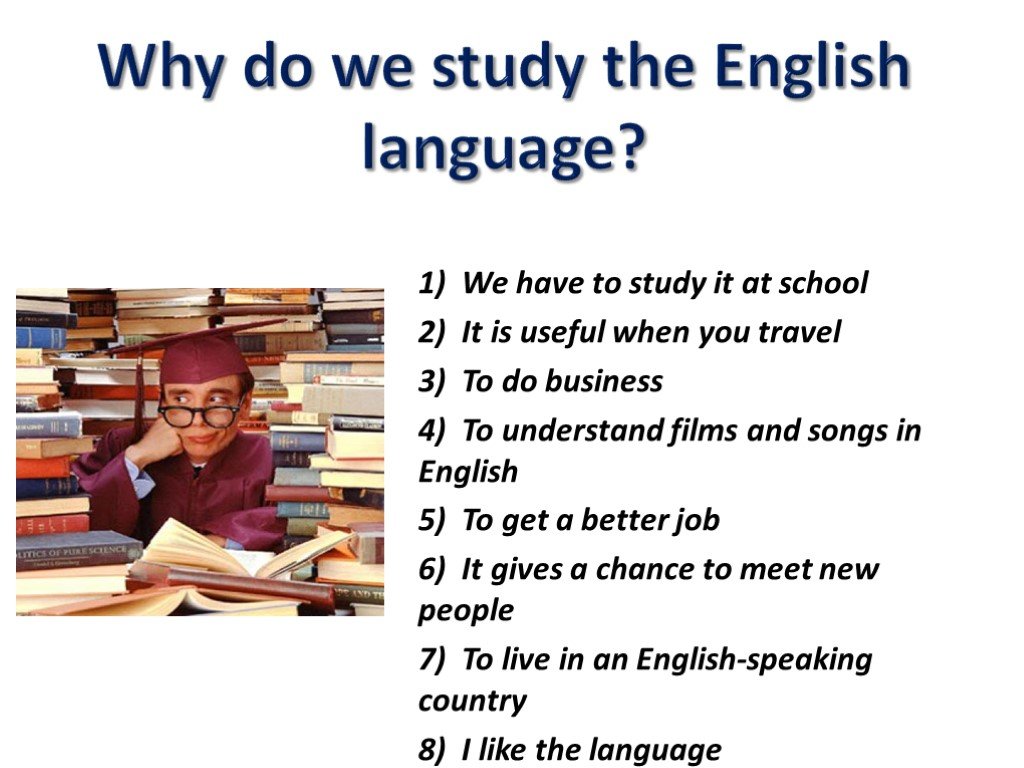
An impossible task. Children lose attention if they think that the task is too difficult for them - then instructions broken down into small steps will help. For example, instead of asking your child to clean their room, it's better to say: "First, please put all the building blocks in this box, and then I'll come and tell you what we're doing next." Of course, short and clear reminders are more positive and work better than long explanations, shouts or accusations.
And praise! Do not forget to praise the efforts and efforts that the child makes, and not just the result. Celebrate successes instead of mistakes: instead of "Look, you misspelled your name again," say "I see you're trying to spell with that line, that's great."
Research has also shown that exercise and active breaks such as running, jumping, and dancing help children be more attentive. So choose a sport that the whole family enjoys, play ball or jump rope, try to find time every day to walk.
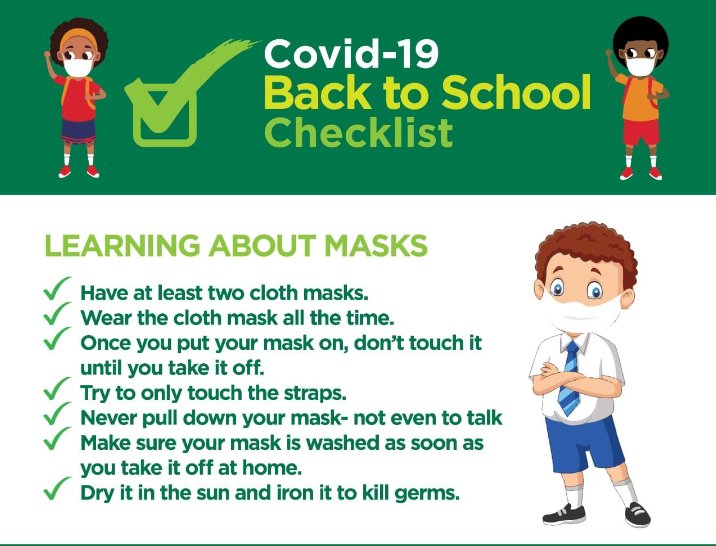
Less screen time, more other stimuli. Other activities that improve concentration include reading, board games and puzzles, cooking with parents, building cushion houses and forts, word games, creative activities and creating art objects, home theater. That is, everything that you can do with your children - and have fun!
Is attention problems the same as ADHD?
Sometimes a child may have attention problems that are difficult to deal with in all of the above ways, and the help of a psychologist may be required. Perhaps this is really ADHD (Attention Deficit Hyperactivity Disorder) or signs of an immature ability to concentrate: if a five-year-old child is not able to do something for more than two or three minutes, constantly grabbing one thing or another, or he needs constant instruction “Put down your notebook, take a pencil, don’t jump, sit down,” or he can’t cope with his impulsiveness and the desire to urgently do what he came up with.